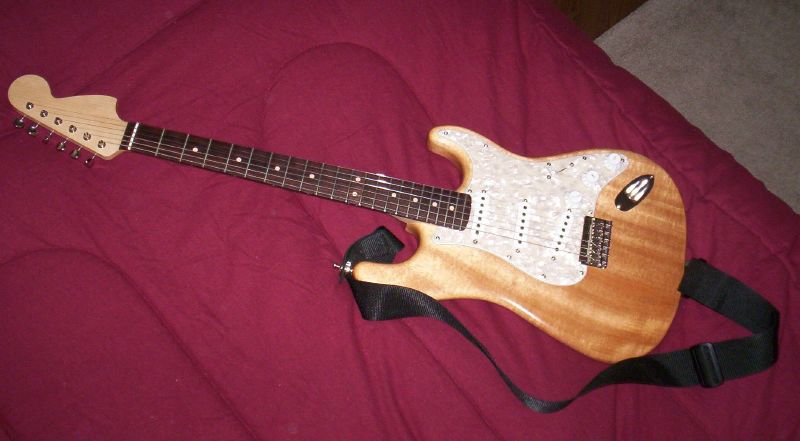Vic D
Well-known member
I need to finish my CBU and it's either Formby's tung oil which I can get locally or Tru Oil if I wanna drive a while. The CBU is spruce, spanish cedar and poplar.
Which do you guys think is best and why? I have a can of spray shellac too.
Also... do any of you CBU makers a the wah effect when you rock the CBU against your belly? I mean it's cool and stuff, pretty prounounced too.
Which do you guys think is best and why? I have a can of spray shellac too.
Also... do any of you CBU makers a the wah effect when you rock the CBU against your belly? I mean it's cool and stuff, pretty prounounced too.
Last edited:

